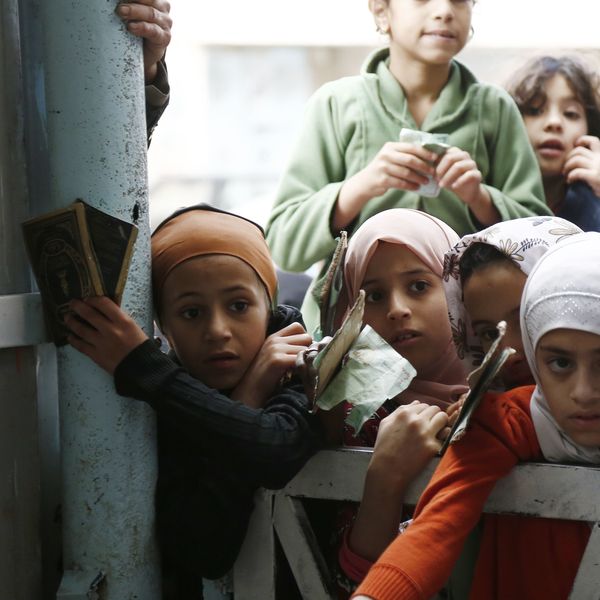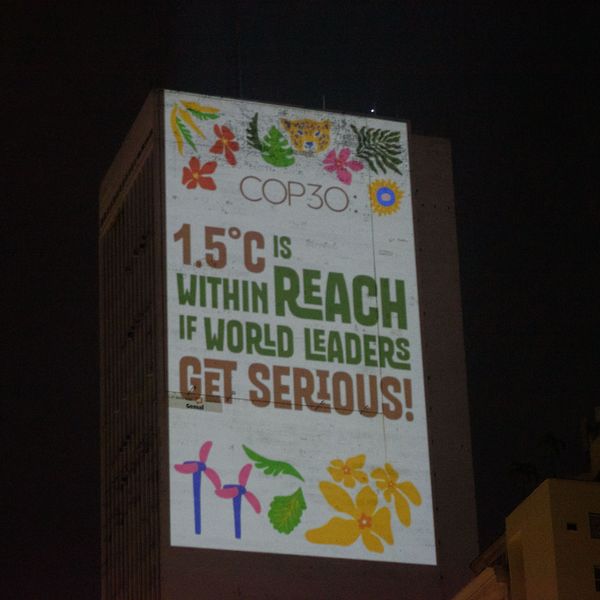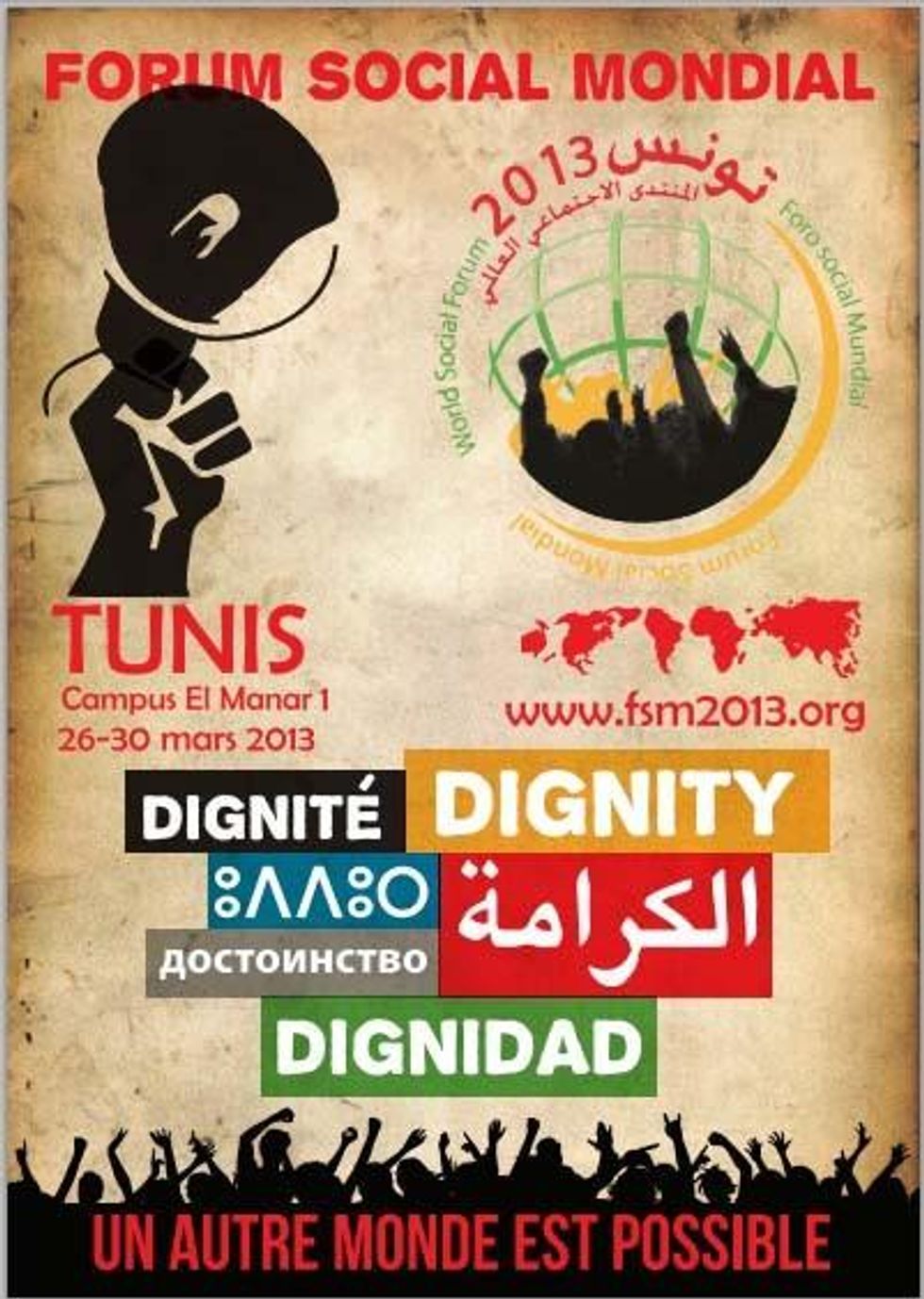In early 2011, Tunisia's President Zine Al Abidine Ben Ali was overthrown and the popular uprising in Tunisia was followed shortly by a wave of revolutions in several Arab countries - proving to us all that another world is within our reach.
The explosion of resistance we have been witnessing over the last few years, both in the developed and developing world, is indicative of the fact that when large parts of communities, countries and regions reach such high levels of exclusion, especially in the context of excessive wealth, wastage and inequality, leaders in all sectors of society, not just politicians, must take serious note. Humanity has already reached a figurative and literal boiling point and we are witnessing a convergence of storms: economic, social and environmental.
The demonstrations that led to the regime change in Tunisia were preceded by numerous signs of civil unrest and injustice: high unemployment, food inflation, corruption, lack of freedom of speech and un-dignifying living conditions for most. Sadly, this is reality for far too many people in developing and developed countries alike and this is why the World Social Forum (WSF) reflects the frustrations, concerns and aspirations of the majority of people today.
Two years after the Arab Spring, the same country that triggered massive change in Northern Africa and the Middle East is hosting the annual meeting of civil society organisations - the World Social Forum 2013 - a self-conscious effort to develop an alternative future based on empowerment of the local, more equitable distribution of wealth and power and more sustainable communities. Unlike its rival, the World Economic Forum (WEF), dominated by unelected leaders and economic elites, the World Social Forum with is befitting theme of "Dignity" is timely and relevant, taking place in a region that continues to pursue justice and transformational change, a region that has set new standards for social movements and civil society, but still has a lot of challenges ahead.
It is the frustration and passion of the people who led the Arab Spring and the Occupy Movement that reflect a reality dominated by an acute sense of injustice and an urgent need for transformational change. This is why this year's WSF is taking place in Tunisia. Global forums focused on system maintenance, system protection and system recovery will continue in places such as the sheltered, posh, mountain resort of Davos in the Swiss Alps.
The World Social Forum can represent the much-needed catalyst for transformational change, provide alternative strategy and offer ways forward for an alternative future based on local empowerment, equitable distribution of wealth and sustainability and not growth at all costs, environmental degradation and crass inequity.




